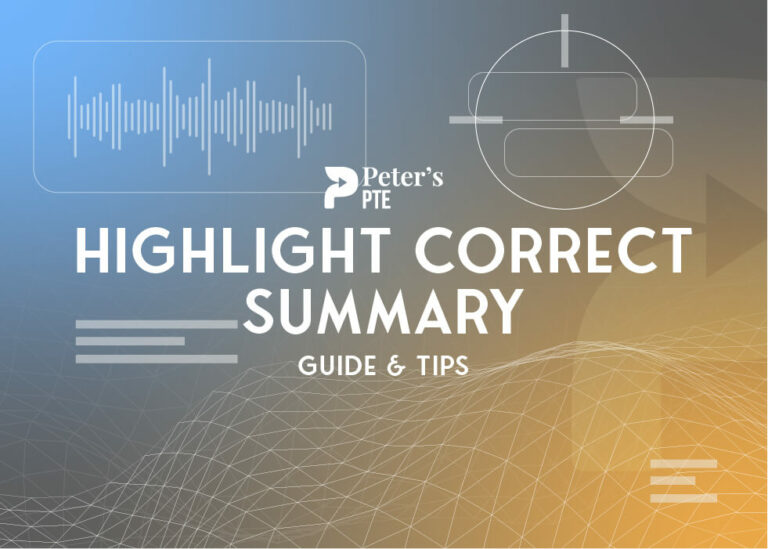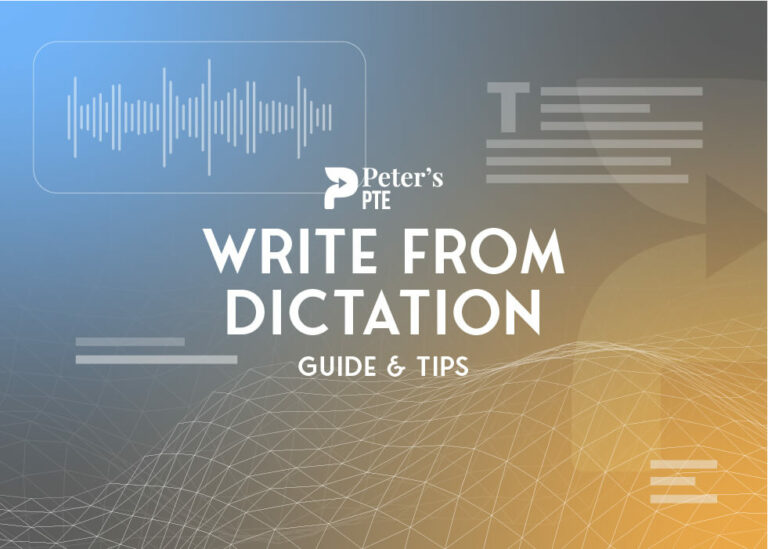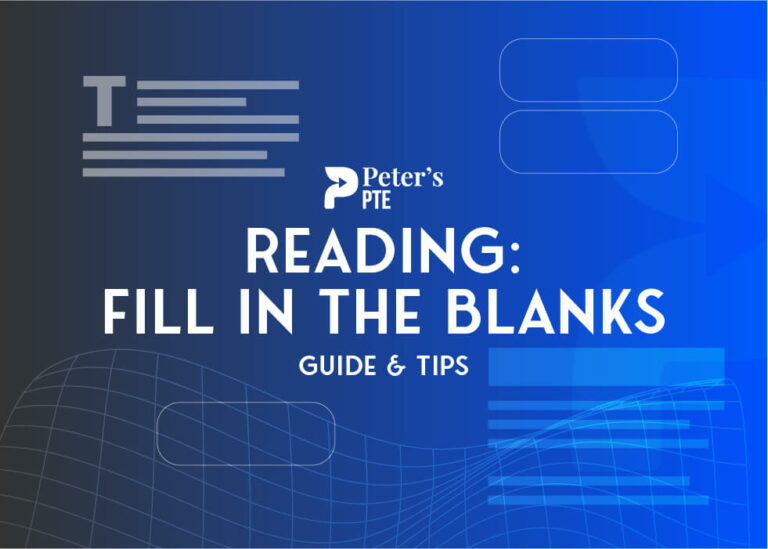Pronunciation Accuracy
“Pronunciation Accuracy” shows if your word pronunciations are accurate. A higher score, which is closer to 100%, means your pronunciation accuracy is more similar to that of the high-scoring users. On the contrary, a lower score means you should improve your pronunciations; try to learn the correct pronunciations of the mis-pronounced words.
You can refer to the “Pronunciation Accuracy” diagram below to see which words you have mis-pronounced, especially the red colored words.
Fluent
“Fluent” shows if you have unnatural pauses or hesitations. A higher score, which is closer to 100%, means you have less problems.
Stress
“Stress” shows if you’ve successfully weakened your pronunciations of the function words. A higher score, which is closer to 100%, means you have made fewer mistakes of not weakening the pronunciations of function words.
A native speaker will normally pronounce content words, words such as nouns, verbs, adjectives which have meanings, more clearly. And they will pronounce function words, such as “to” / “of” / “an” / “the”, in a flatter and quicker way.
You may refer to the “Stress” diagram below to see which function words you did not read in a weak form.
Speed
“Speed” shows if your speech rate is normal, too fast or too slow. The “speed” is referring to how fast you pronounce the words, not your total answering time. It does not take into account the pausing time. Some users may take a long time to answer because their pauses are long, but they have pronounced the words fast, so their “speed” is still considered fast in this dimension.
If “speed” is less than 100%, it means that your speech rate is slower than that of the high-scoring users, and you can try to speak faster. In the exam, speaking slowly will get you heavily penalized.
If “speed” is more than 100%, it means that your speech rate is faster than that of the high-scoring users. In the exam, you may not necessarily get penalized for speaking fast as long as you have done well in the other dimensions. And for some people, speaking slightly faster can naturally help them reduce the problem of unnatural pauses, hence getting a better score.
But if you are speaking too fast, you may have compromised your speech clarity and smooth rhythm. This will cause you to lose marks in the exam.
It’s not recommended to blindly increasing your speed in practice for the sake of getting a higher score in APEUni. In this case, the APEUni score will not be accurate because most likely you have practiced one question a lot of times to be able to speak fast and at the same time without any hesitations, but it’s hard to do so in the exam when you only have 35 – 40s to prepare.
It’s best to find a suitable speed for yourself, not too fast, nor too slow.








